History / General
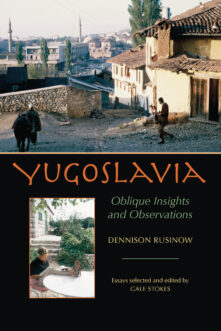

Yugoslavia
Oblique Insights and Observations
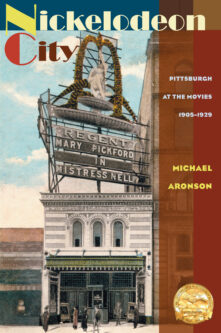

Nickelodeon City
Pittsburgh at the Movies, 1905-1929
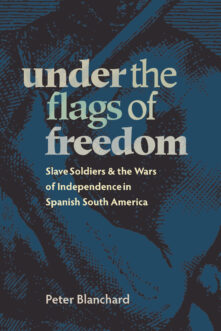

Under the Flags of Freedom
Slave Soldiers and the Wars of Independence in Spanish South America
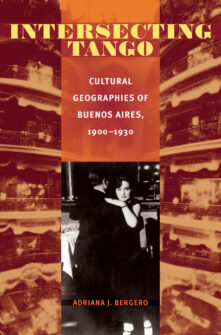

Intersecting Tango
Cultural Geographies of Buenos Aires, 1900-1930
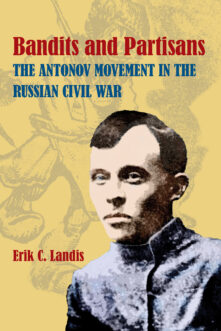

Bandits and Partisans
The Antonov Movement in the Russian Civil War
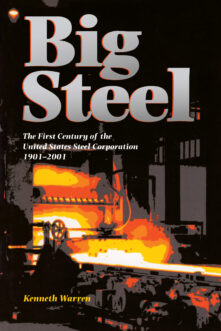

Big Steel
The First Century of the United States Steel Corporation 1901-2001
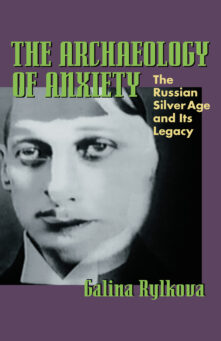

The Archaeology of Anxiety
The Russian Silver Age and its Legacy
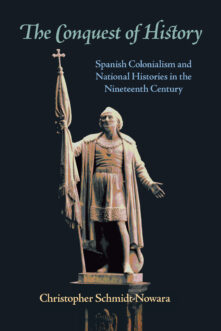

The Conquest of History
Spanish Colonialism and National Histories in the Nineteenth Century
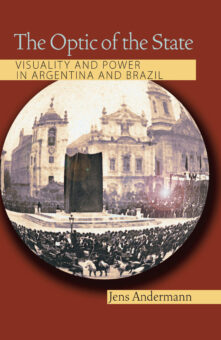

The Optic of the State
Visuality and Power in Argentina and Brazil
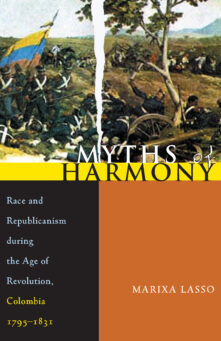

Myths of Harmony
Race and Republicanism during the Age of Revolution, Colombia, 1795-1831
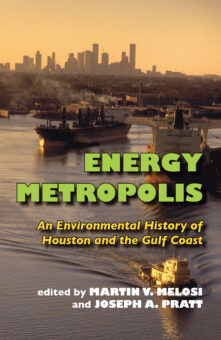

Energy Metropolis
An Environmental History of Houston and the Gulf Coast
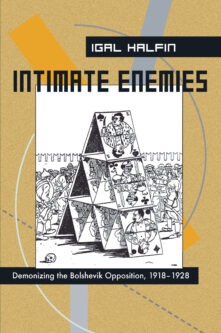

Intimate Enemies
Demonizing the Bolshevik Opposition, 1918-1928
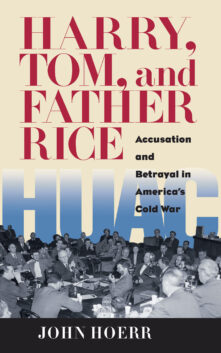

Harry, Tom, and Father Rice
Accusation and Betrayal in America's Cold War


Desert Cities
The Environmental History of Phoenix and Tucson
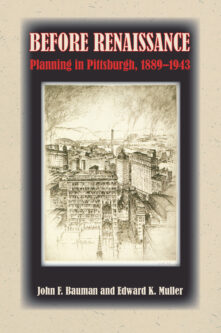

Before Renaissance
Planning in Pittsburgh, 1889-1943
Total 214 results found.

